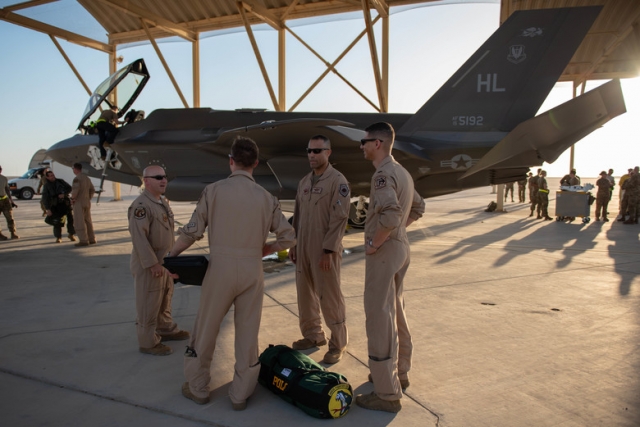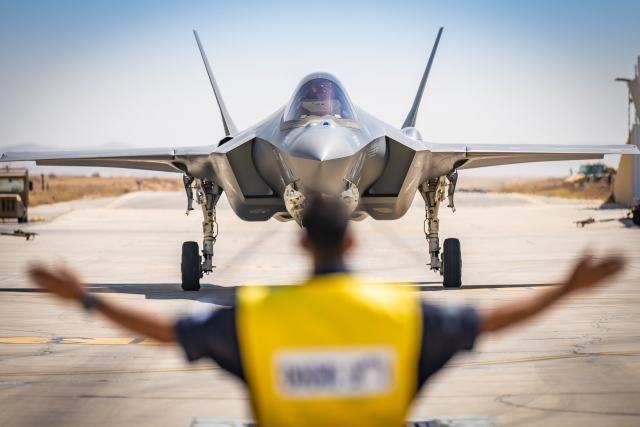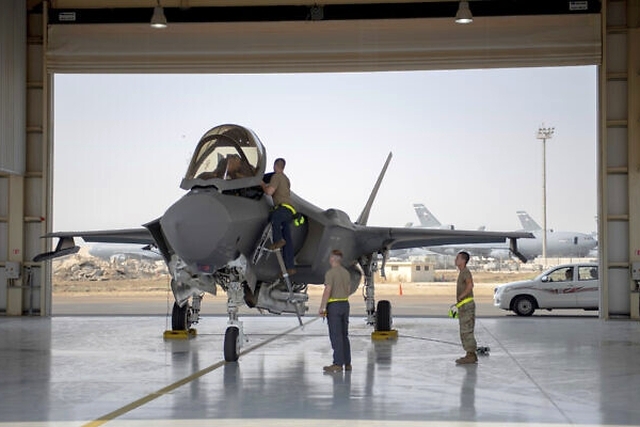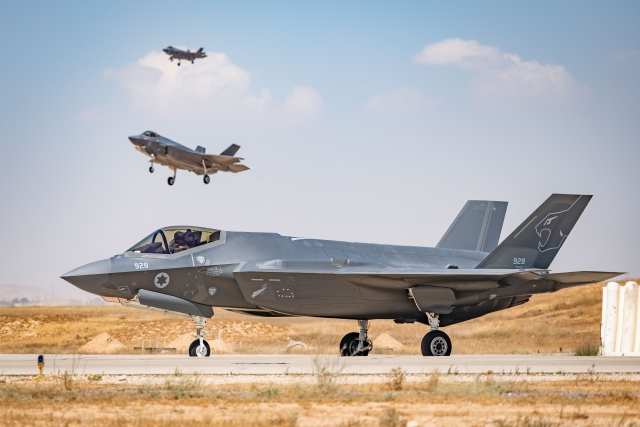Trump Administration Bypasses DSCA to Greenlight F-35 Jets Sale to UAE
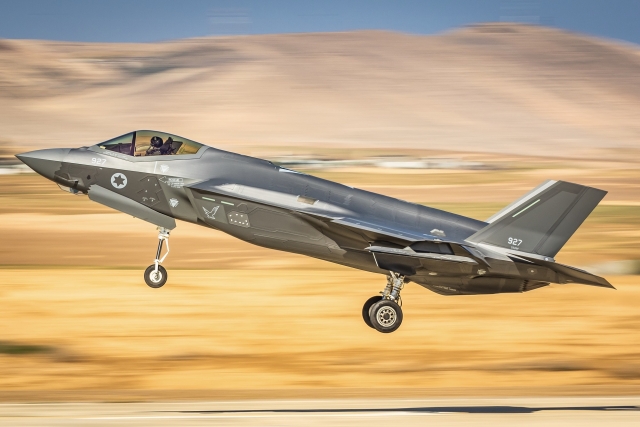
The Trump Administration has bypassed Defense Security Cooperation Agency (DSCA) to approve the $10.4 billion sale of F-35 fighter jets to the United Arab Emirates.
On Thursday, the White House informally notified Congress of the proposed sale. It is the DSCA, a State Department agency, which normally researches the effects of foreign military sales and sends recommendations of approval to Congress, UPI reported today.
This would make the U.A.E. second country in the Middle East, after Israel, to own the advanced jets. It wants to buy 50 F-35s.
Among the issues Congress must address before endorsing the sale is that of "qualitative military edge," a U.S. pledge to Israel since the 1960s under the Arms Export Control Act (AECA). Gulf States had pressed the Israeli camp numerous times to lift its objections pertaining to F-35 sale. The sale was made possible by the recent Israel-U.A.E. peace deal brokered by Washington.

“…we must maintain Israel’s qualitative military edge, as provided in U.S. law, and ensure Israel’s military superiority in the region, as Israel remains our most crucial ally there. Israel currently has exclusive access in the region to the F-35, which has guaranteed its military edge over the last several years. As Congress reviews this sale, it must be clear that changes to the status quo will not put Israel’s military advantage at risk,” House Foreign Affairs Chair Eliot Engel (D-N.Y.) said in a statement.
Defense Secretary Dr. Mark T. Esper promised Israeli Defense Minister Benny Gantz in September that the U.S. would maintain Israel's qualitative edge in the Middle East. To keep its word, the U.S. could make the F-35 stealth fighter visible to Israeli radar systems. Also, these jets could be built in a way that Israeli ones would still be superior.
"The F-35 Joint Strike Fighter is a game-changing stealth platform boasting advanced strike capability and unique sensor technology. The export of this aircraft requires very careful consideration and Congress must analyze all of the ramifications. Rushing these sales is not in anyone's interest," Engel added.

The official added that this technology must be “safeguarded from our greatest global adversaries.”
“With Russia and China active in the region, the American people will require unimpeachable assurances that our most advanced military capabilities will be protected,” he stressed.
It is not known if an “informal” notification, has any sanctity in the US foreign military sales (FMS) program process. The Congress rarely blocks an FMS sale as it means loss of business for the relevant contractor, in this case, F-35 manufacturer Lockheed Martin. The U.S. defense giant is already hit due to the loss of business from Turkey- after the Trump administration blocked sale of F-35 jets to it.
